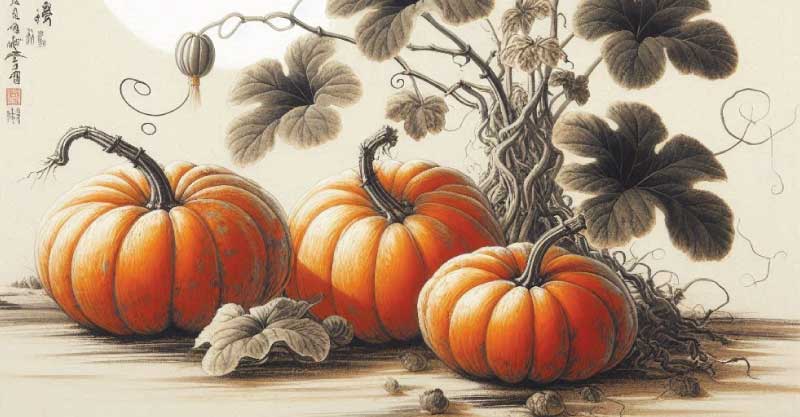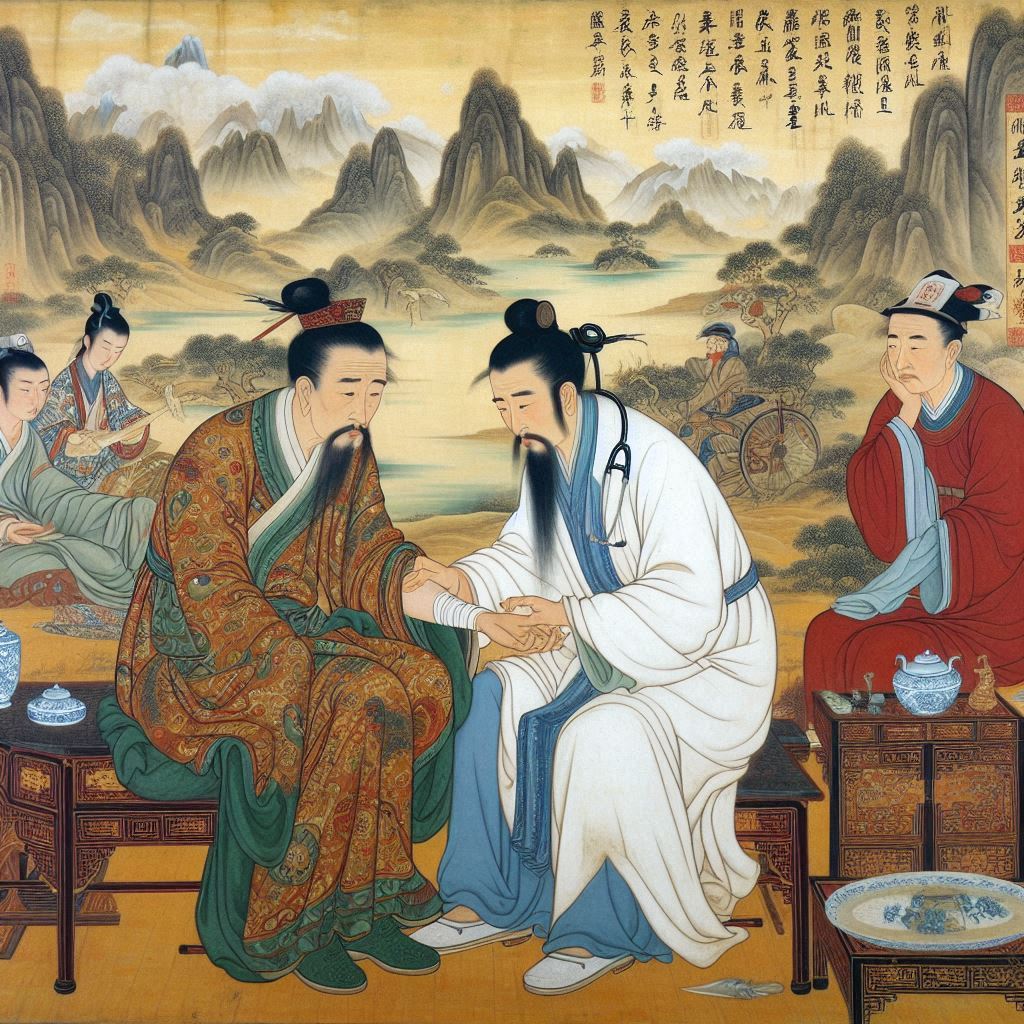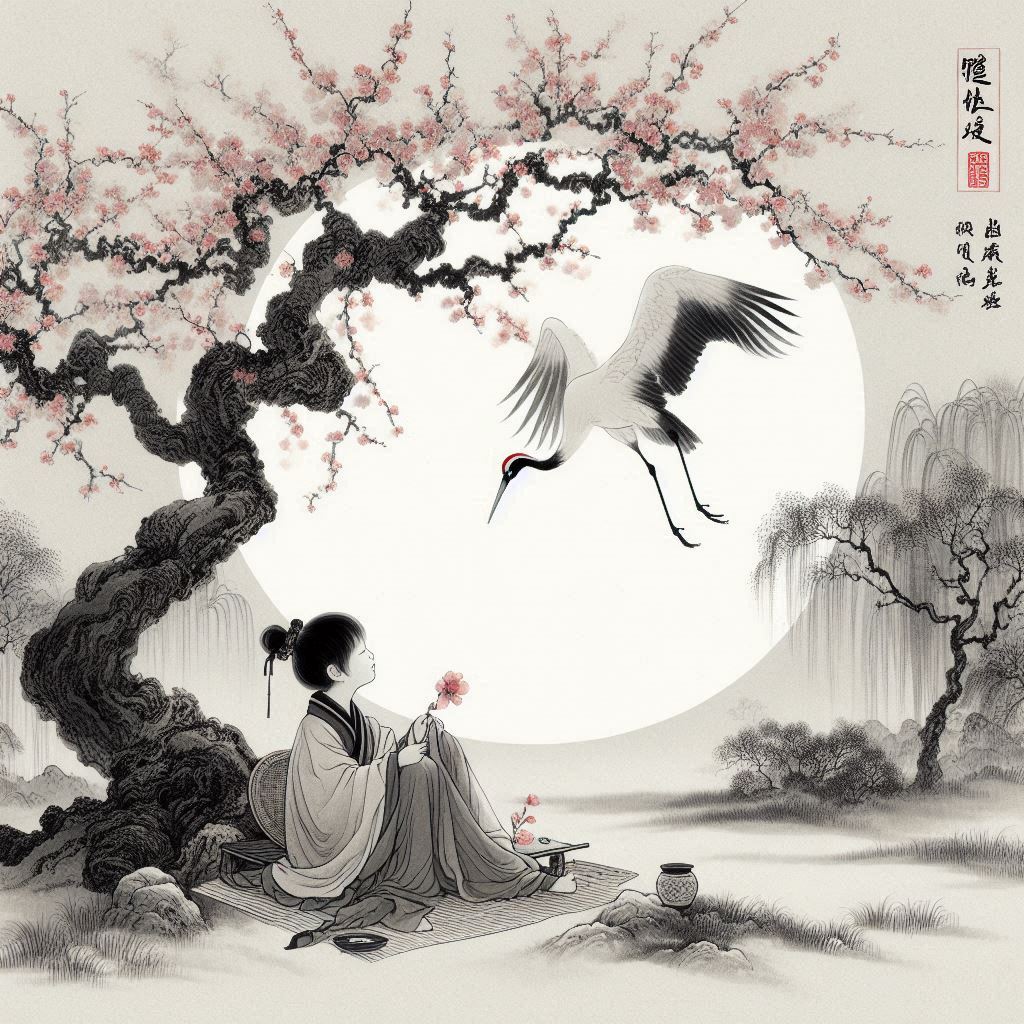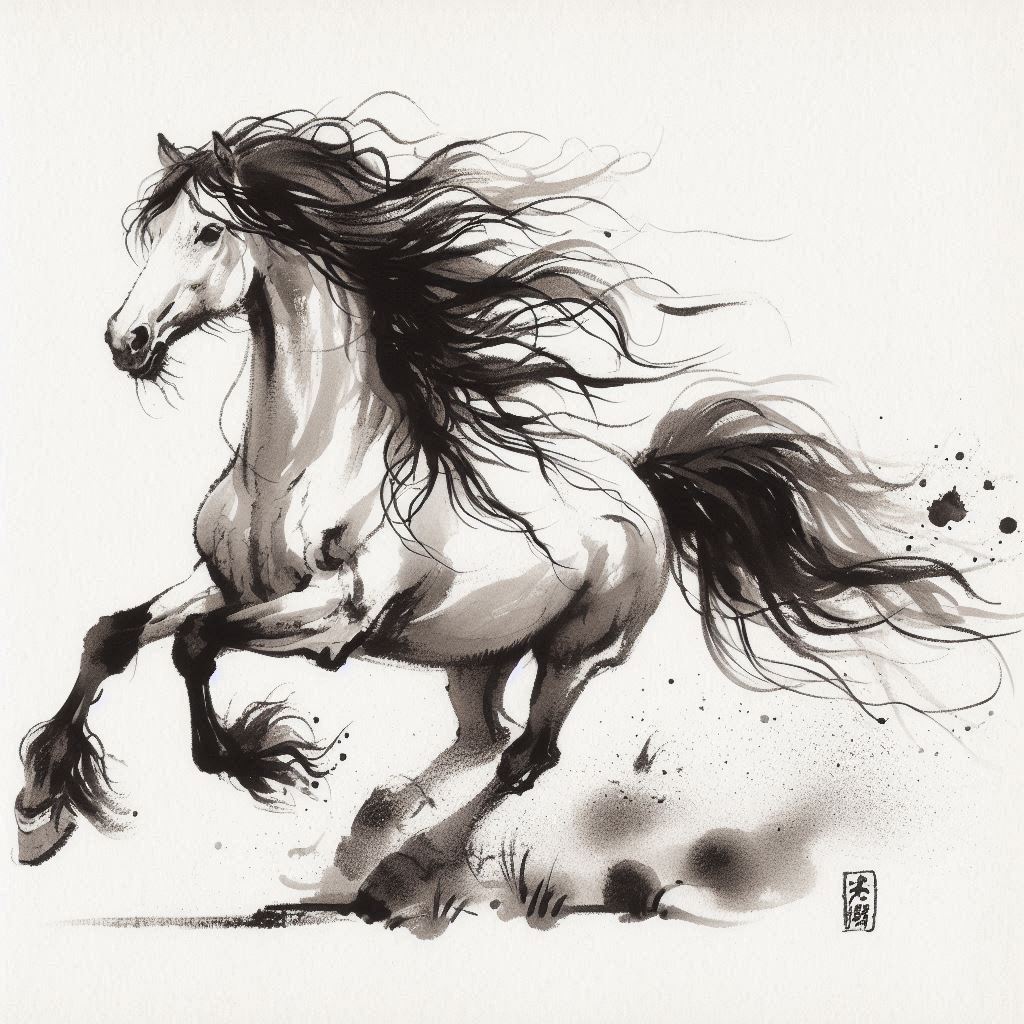Cause
- chronic Lung disease
- acute Lung disease that is not properly addressed
- Spleen Qi deficiency
- grief and sadness
Note: To understand the term "Qi", thus to get a better grasp of the following disharmony, we encourage our readers to review the short material "What is Qi" and "Qi in Traditional Chinese Medicine" in the Vitality chapter.
There are several causes that lead to deficiency of Lung Qi.
The first cause is destructive chronic Lung disease, which in long run consumes the Qi and Yin of the Lung(1)(2). Acute diseases, which are not properly addressed, or are treated with improper methods, also lead to Lung Qi deficiency(3).
The second cause for Lung Qi deficiency is general Qi deficiency. General Qi deficiency is often rooted in the Spleen.
In traditional Chinese medicine the Spleen has the difficult and very complicated task to transform our food into "food essence", Qi and blood(1)(2)(4). This process requires a lot of energy to take place. Improper diet, late night eating, overwork, and overthinking make the Spleen deficient. A deficient Spleen then cannot properly carry out its functions to transform and transport, thus cannot sufficiently nourish the body, leading to general Qi deficiency.
Grief and sadness, especially if they are chronic, can also cause the Qi of the Lung to become deficient.
If you want to learn more about the Lung and its functions from the perspective of traditional Chinese medicine go to "The Lung in Traditional Chinese Medicine" in the Physiology chapter.
Symptoms
- shortness of breath
- cough
- prone to common colds and flu
- spontaneous sweating
- lassitude
- dislike to speak
The Lung governs the respiration thus the main symptom of Lung Qi deficiency is shortness of breath(2)(3) which is worse on exertion(1). Cough may also be present(2)(3).
The Lung governs the so called "Defensive Qi”. Weak Defensive Qi will lead to weak immunity and one may become prone to common colds and flu(2)(3).
The Defensive Qi is also responsible for the opening and closing of the pores(3) (the Lung governs the skin). Therefore another typical symptom for weak Lung Qi, i.e. weak Defensive Qi, is spontaneous sweating(1)(2).
Lassitude(1) and dislike to speak(1)(2)(3) are other symptoms of Lung Qi deficiency.
Treatment Approaches
To treat Qi deficiency of any kind it is useful to select warm and slightly sweet foods as warm temperature and sweet taste tonify Qi.
To unlock the rest of this article select "Yes, I want to learn!" below.

Food therapy is the most economical and non-toxic biochemical approach to health and disease. Food is something we continuously use to sustain our lives. Learning what foods are healing (and what disruptive) for each condition has the potential to convert every meal into a form of therapy.
YS
(1) Deng Liangye, Gan Yijun, He Shuhui, Ji Xiaoping, Li Yang, Wang Rufen, Wang Wenjing, Wang Xuetai, Xu Hengze, Xue Xuiling, Yuan Jiuling (1987). Chinese Acupuncture and Moxibustion. China: Foreign Languages Press
(2) Yang Weiyi, Meng Fanyi, Jiang Yuanan(2002). Diagnostics of Traditional Chinese Medicine. Beijing: Beijing University of Chinese Medicine and Pharmacology
(3) Maciocia, Giovanni (1989). The Foundations of Chinese Medicine. Edinburgh: Harcourt Publishers Limited
(4) Zhang, Enqin (1990). Basic Theory of Traditional Chinese Medicine. Shanghai: Publishing House of Shanghai College of Traditional Chinese Medicine
(5) Pitchford, Paul (2002). Healing with Whole Foods. Berkeley: North Atlantic Books
Related Articles
The Lung, season autumn, and the foods during autumn that benefit the Lung
Herbs that tonify the Qi and benefit Lung Qi
Herbs that transform cold-phlegm and hot-phlegm
Herbs that relieve coughing and wheezing
Herbs for first stage wind attack
Herbs for second stage wind attack
Please read our Disclaimer









